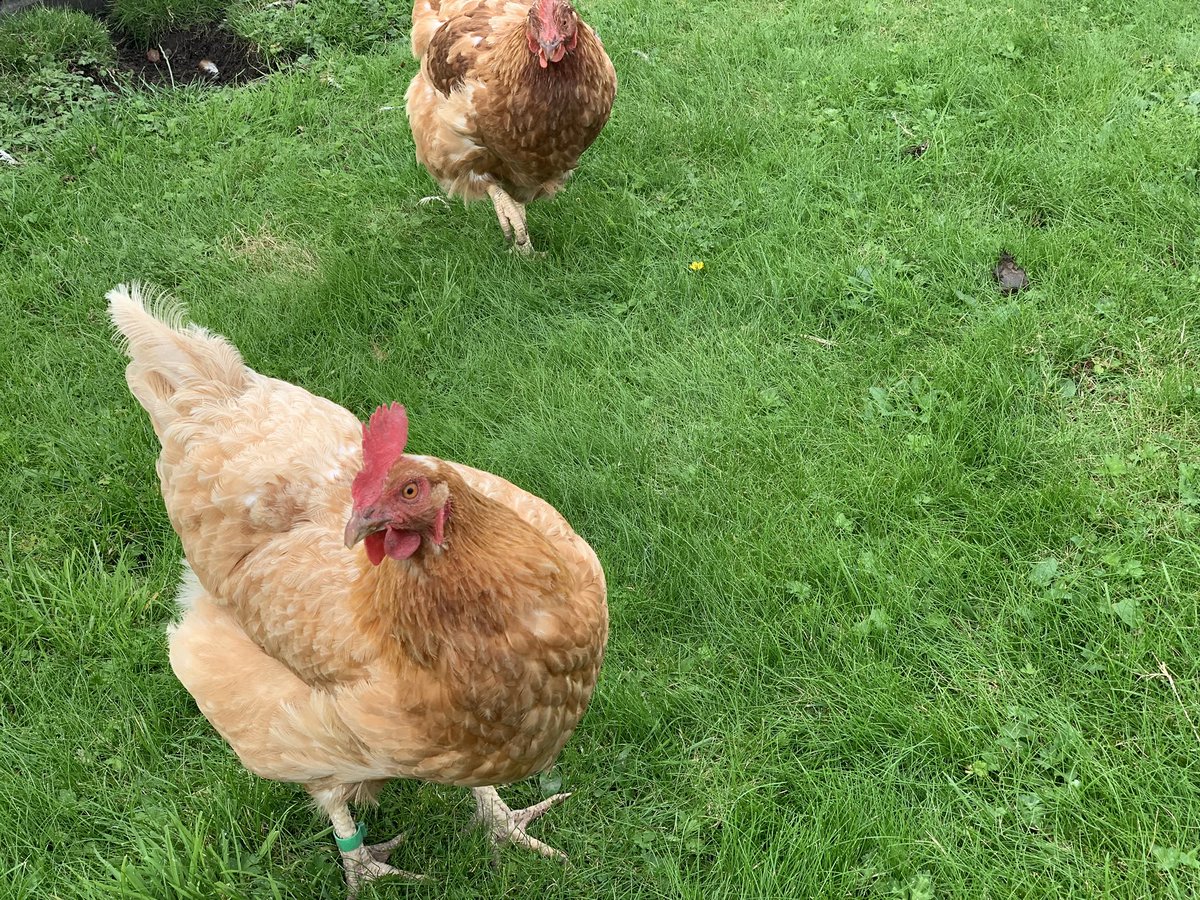Something I notice in my work with #chickens is that people who don& #39;t know them struggle to see them as interesting, personally or academically. Chickens feel unwelcome in animal geographies/studies as “not really” worthy of serious discussion. They aren& #39;t "exciting."
This is leading me to ask more regularly if chickens are perceived as “not really” seen as an animal? Or, “not really” seen as a bird? If not, then who are they, and where do they belong?
For millennia, chickens have been of fascination to human societies, culture, religion, medicine, and companions. Their sounds have been time-keepers, alarms, a solace, and warnings. Their bodies have been exploited for nourishment and experimentation because they are animals.
There are nearly 26 billion chickens alive on the planet at any given time, but they aren’t “serious” animals to study. Is this because of their everyday-ness, their ordinariness? Does their ubiquity fade them into their background?
Much of what we know about human nutrition is rooted and built alongside experiments with chickens. But, most people know very little about them. Is it because they are “over-“studied in agricultural science that they are under-appreciated in social sciences?
Even with all of those experiments, knowing the chicken remains elusive. The people I have been speaking to about chickens challenge this, but many recognise that before they had hens, they had preconceptions that were hard to shift about what hens would be like.
Trying to keep this question of "why chickens?" at the centre at the moment is pushing me to also think about how it is also "why not chickens?"

 Read on Twitter
Read on Twitter


